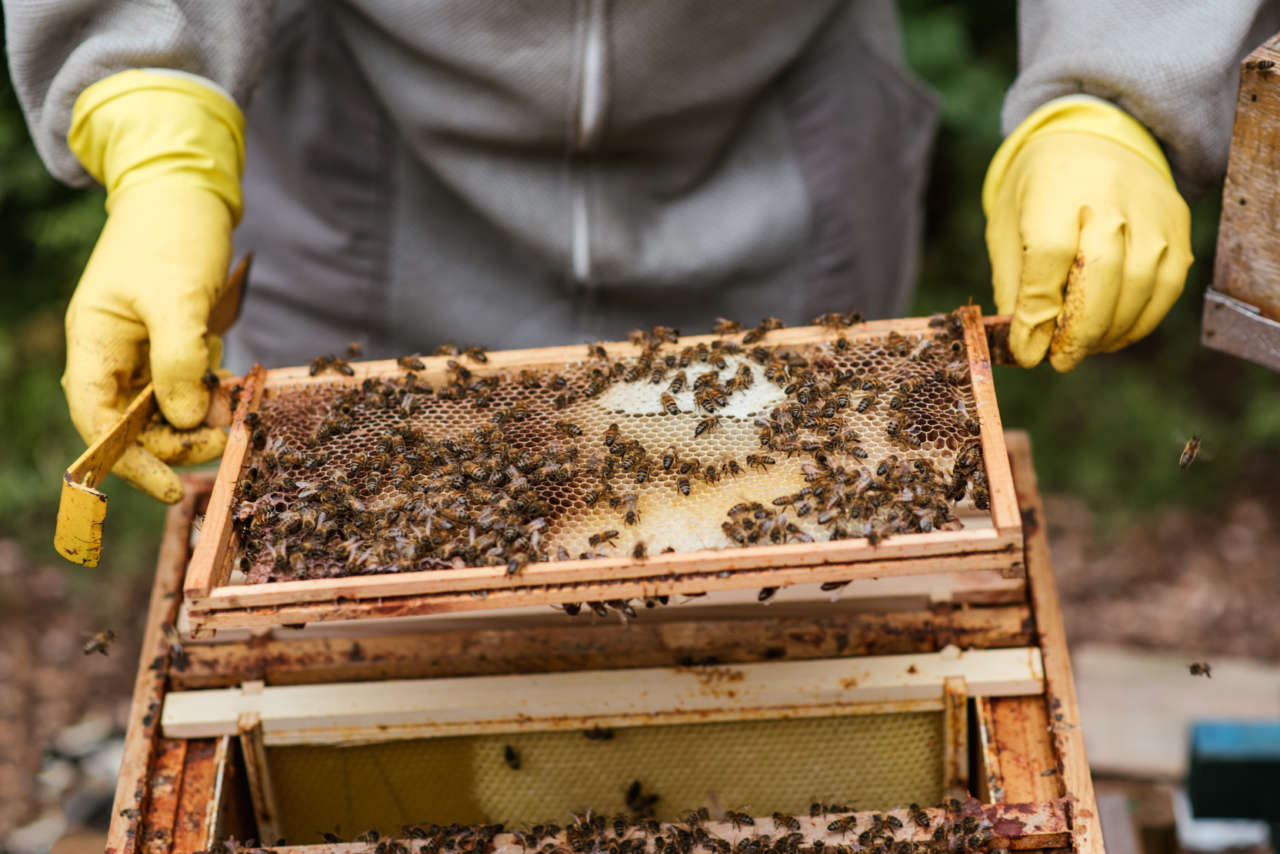Cholesterol is a type of fat that is present in every cell of the human body. It’s produced by the liver and has various functions, such as helping to build healthy cells, produce hormones, and synthesize vitamin D.
However, when the level of cholesterol is too high in the blood, it can cause plaque buildup in the arteries, which increases the risk of heart disease and stroke. This is why it is important to control your cholesterol levels naturally.
What are enzymes?
Enzymes are proteins that help to speed up chemical reactions in the body. They act as a catalyst and are involved in every function of the body, including digestion, metabolism, and immune function.
There are many different types of enzymes, and each one has a specific function. For example, digestive enzymes help to break down food into smaller particles so that they can be absorbed into the bloodstream and used by the body.
How can enzymes help to control cholesterol levels?
Enzymes play a vital role in cholesterol metabolism. There are several enzymes that are involved in the breakdown of cholesterol and its removal from the body.
For example, the enzyme HMG-CoA reductase is responsible for producing cholesterol in the liver, while the enzyme LCAT helps to remove excess cholesterol from the blood and transport it to the liver for excretion. If these enzymes are not functioning properly, it can lead to an imbalance in cholesterol levels, which can increase the risk of heart disease and stroke.
What foods contain enzymes?
There are many foods that contain enzymes, including:.
- Raw fruits and vegetables
- Nuts and seeds
- Fermented foods, such as sauerkraut, kimchi, and kefir
- Raw honey
- Raw dairy products, such as unpasteurized milk and cheese
These foods are often referred to as “live” foods, as they are rich in beneficial bacteria and enzymes that can help to improve digestion and reduce inflammation in the body.
Adding more of these foods to your diet can help to support healthy cholesterol levels and overall wellness.
What are some specific enzymes that can help to control cholesterol levels?
There are several enzymes that have been shown to be effective at controlling cholesterol levels. These include:.
Lecithin Cholesterol Acyltransferase (LCAT)
This enzyme helps to remove excess cholesterol from the blood and transport it to the liver for excretion. It does this by converting free cholesterol into cholesterol ester, which is less soluble and more easily transported by lipoproteins.
Studies have shown that increasing LCAT activity can help to lower LDL (“bad”) cholesterol levels and increase HDL (“good”) cholesterol levels.
Cholesterol Ester Transfer Protein (CETP)
This enzyme is involved in the transfer of cholesterol esters between lipoproteins.
It helps to increase HDL (“good”) cholesterol levels by transferring cholesterol esters from LDL and VLDL (“very low-density lipoprotein”) to HDL. Studies have shown that increasing CETP activity can help to reduce the risk of cardiovascular disease.
Heparan sulfate proteoglycans (HSPGs)
These enzymes are involved in the binding and removal of LDL (“bad”) cholesterol from the blood vessels. They do this by enhancing the uptake of LDL by cells in the liver, where it can be broken down and excreted.
Studies have shown that increasing HSPG activity can help to reduce the risk of atherosclerosis.
What foods can help to increase these enzymes?
There are many foods that can help to increase the activity of these enzymes, including:.
- Fatty fish, such as salmon and mackerel, which are rich in omega-3 fatty acids that can improve heart health and reduce inflammation
- Olive oil, which contains polyphenols that can help to reduce LDL (“bad”) cholesterol levels and increase HDL (“good”) cholesterol levels
- Nuts and seeds, which are rich in fiber, antioxidants, and healthy fats that can improve heart health and reduce inflammation
- Legumes, such as beans and lentils, which are a good source of protein, fiber, and minerals
Eating a healthy, balanced diet that is rich in these foods can help to improve enzyme activity and support healthy cholesterol levels.
The Bottom Line
Cholesterol is an important substance that is necessary for many functions in the body, but high levels of cholesterol can increase the risk of heart disease and stroke.
By eating a healthy, balanced diet that is rich in enzymes and foods that support enzyme activity, you can help to control your cholesterol levels naturally and improve your overall health and well-being.
























